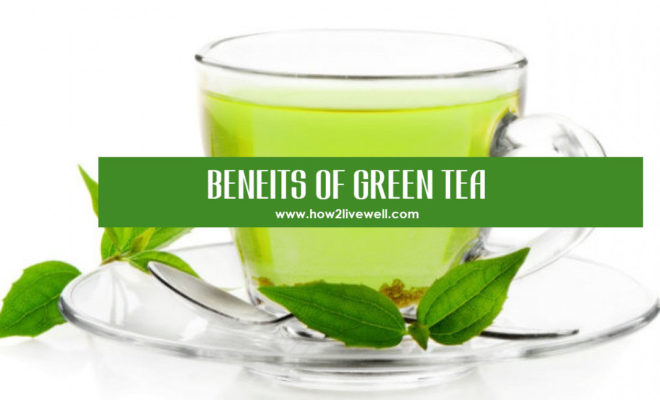Benefits of Green Tea

Green Tea FAQ
Does Green Tea Have Caffeine?
Green tea has smaller amounts of caffeine than other common caffeinated beverages, and decaffeinated green tea has even less. You’d have to drink several cups of green tea to get the same sort of caffeine load as a cup of coffee. Depending on how long you let it steep, and how many times you brew from the same tea bag, the amount of caffeine it contains will vary.
Will Green Tea Help a Cold?
The antioxidants in green tea can help you recover from a cold more quickly than by not drinking it. The antioxidants it contains help support your immune system, and when you have a cold you’ll need all the help you can get. Drinking green tea daily will help you avoid colds you’d otherwise get, so it makes a great addition to your daily routine.
Is Green Tea Acidic?
Green tea shows up as an alkaline food, or at least alkaline forming, on most acidic/alkaline lists. The antioxidants it contains most likely help the body reach an alkaline state, and while many teas are considered acidic, green tea is not heavily processed, which is why it retains so many healthy features, and is less likely to be acid forming once consumed.
Does Green Tea Stain Your Teeth?
Yes, it does, but not as harshly as some other teas. It’s still a good idea to brush your teeth after having a cup of green tea. The many health benefits of green tea outweigh the drawback of it mildly staining your teeth. Just take steps to keep your pearly whites pearly and you’ll be fine.
Will Green Tea Give Me Energy?
The energetic effects of green tea are likely due to the amounts of caffeine it contains, but can also be attributed to the antioxidants it has in it. Low levels of antioxidants in your system can lead to fatigue as the free radicals in your body have a field day. It’s best to keep them topped up.
Is Green Tea Safe During Pregnancy?
Many moms-to-be forego all forms of caffeine and therefore would tend to pass up on the green tea as well. But you might be thinking that all of the good benefits it has are too great to pass up for 9 months. While drinking green tea in moderation seems like a safe bet, there are also no proven benefits for baby, so it may be better to simply wait until they’re born. Drinking it while you’re breastfeeding may be a safer bet.
Does Green Tea Help with Acne?
While there are many proponents out there saying that green tea can help with acne due to its detoxifying properties, most of this information comes from those trying to sell green tea acne products. It’s still unclear whether or not this has a beneficial effect on acne, and claims that it works as well as benzoyl peroxide are largely unproven.
Is Green Tea a Laxative?
While there may be some anecdotal evidence that green tea can stimulate the bowels, it is not known for its laxative properties, as some other teas are. It is known for its diuretic properties, so it may send you to the bathroom more often, but more for number one and not so much for number two.
Does Green Tea Make You Sleepy?
Green tea can have a calming effect if taken in large enough doses, but that is countered by the caffeine it contains. If you’re worried about having green tea at work and nodding off on the the job, it shouldn’t make you drowsy if taken in smaller quantities.
Is Green Tea a Diuretic?
Yes, green tea is a diuretic, and acts to flush the body of excess fluid.
What is the difference between green and black tea?
Once tea is picked, it is air dried or ‘withered’ for about 24 hours and then rolled. The rolling causes the cells to rupture and the tea to start oxidizing. The type and color of the tea produced depends on how long it is left to oxidize in a humid room before blasting the leaves in a heated oven to dry and lock in the flavor.
- So in order of time spent oxidising (least to most) tea taxonomy goes like this:
- White tea (not oxidized, but immediately ‘baked’)
- Green Tea (oxidized for 10-20 min)
- Blue tea (known as Oolong, oxidized up to 30 min)
- Black tea (oxidized up to 1 hour)
The lower down the list, the more tannins there are in the tea, so the stronger the flavour. There is a general perception that the health benefits change too, but this isn’t necessarily the case since the levels of antioxidants don’t really change. The form the antioxidants take does change though, with arguably better forms in the less oxidised teas. You would thus have to drink a bit more black tea to get the same effect as one cup of green, and so on. These facts are hotly contested in the tea industry.









